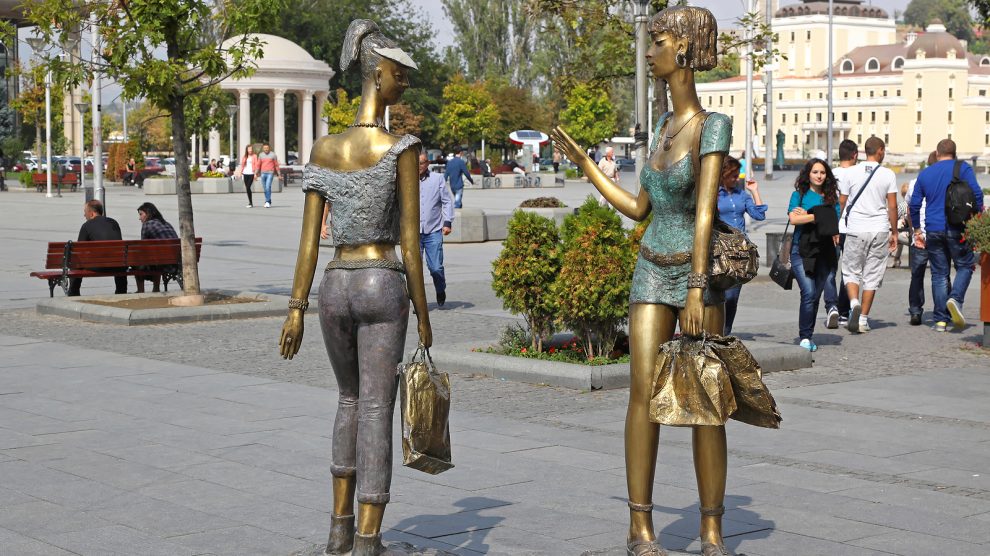If the emerging Europe region wants the West to move beyond misconceptions and increase its awareness and understanding of the region, perhaps it must start by confronting its own stereotypes.
For decades, the emerging Europe region has grappled with the challenge of being misunderstood by the West. Both political leaders and citizens alike often express frustration over the stereotypes and misconceptions that persist about their countries. Whether it’s oversimplifications of their economic development, culture, or political systems, the narrative is very similar.
And there might be some truth in it. I remember a chat with a former CEO of HSBC who told me, about a decade ago, that the average Briton’s image of Poland is somewhere between five and 30 years out of date. I still hear much the same thing from investors who see the region’s opportunities while not fully understanding each country’s level of development.
- Baltics lead the charge as emerging Europe bags several of the EU’s top jobs
- Once considered peripheral, CEE has become integral to the EU’s economic wellbeing
- Is the language we use to describe emerging Europe finally changing?
But there’s a different paradox that often goes unnoticed amid this frustration with the West.
While emerging Europe’s countries rightly complain about being mischaracterised by outsiders, many of these same countries are guilty of misperceiving and stereotyping each other. People within the region often harbour equally flawed views of others.
We saw it first-hand when working with various institutions in Georgia and Moldova, which under no circumstances wanted to be benchmarked against Albania. Or, while working on another project where—during an in-depth interview—a university professor in Slovenia said there could be nothing he could learn from North Macedonia and would not necessarily be interested in even giving a lecture, unless a solid remuneration was provided.
These internal misconceptions are both pervasive and harmful, undermining efforts to foster regional unity and collaboration.
Some of these misconceptions are rooted in historical rivalries, often dating back to periods of empire, conflict, or shifting borders. For example, lingering tensions between Poland and Lithuania over their shared history, or between Hungary and Romania regarding Transylvania, continue to colour perceptions and breed stereotypes.
Similarly, Bulgaria and North Macedonia have been caught in disputes over historical narratives, and these tensions shape how people from each country perceive the other and the language. Bulgarians are not eager to call the language spoken by their neighbours Macedonian but, “the official language of North Macedonia”.
Understanding the present
Sometimes there is a simple lack of knowledge, awareness, or pure ignorance. I remember going to Belarus by car a few years ago. On my way back I was asked by a Polish friend if I had been afraid driving across Belarus or in Minsk, where, in fact, roads were not much different than in Poland at the time.
If the emerging Europe region wants the West to move beyond the misconceptions and increase its awareness and understanding of the region, perhaps it must start by confronting its own stereotypes. Just as the countries of emerging Europe demand that the West see them as they are, they must also begin to see each other with fresh eyes.
This requires not just an acknowledgment of the past but a commitment to understanding the present.
Emerging Europe is a region with immense potential. Its diversity is one of its greatest strengths. But only if the countries within it can move past their own misconceptions and embrace a more nuanced understanding of each other, will the region be able to build a future based on unity and collaboration, rather than division and stereotype.
Unlike many news and information platforms, Emerging Europe is free to read, and always will be. There is no paywall here. We are independent, not affiliated with nor representing any political party or business organisation. We want the very best for emerging Europe, nothing more, nothing less. Your support will help us continue to spread the word about this amazing region.
You can contribute here. Thank you.


